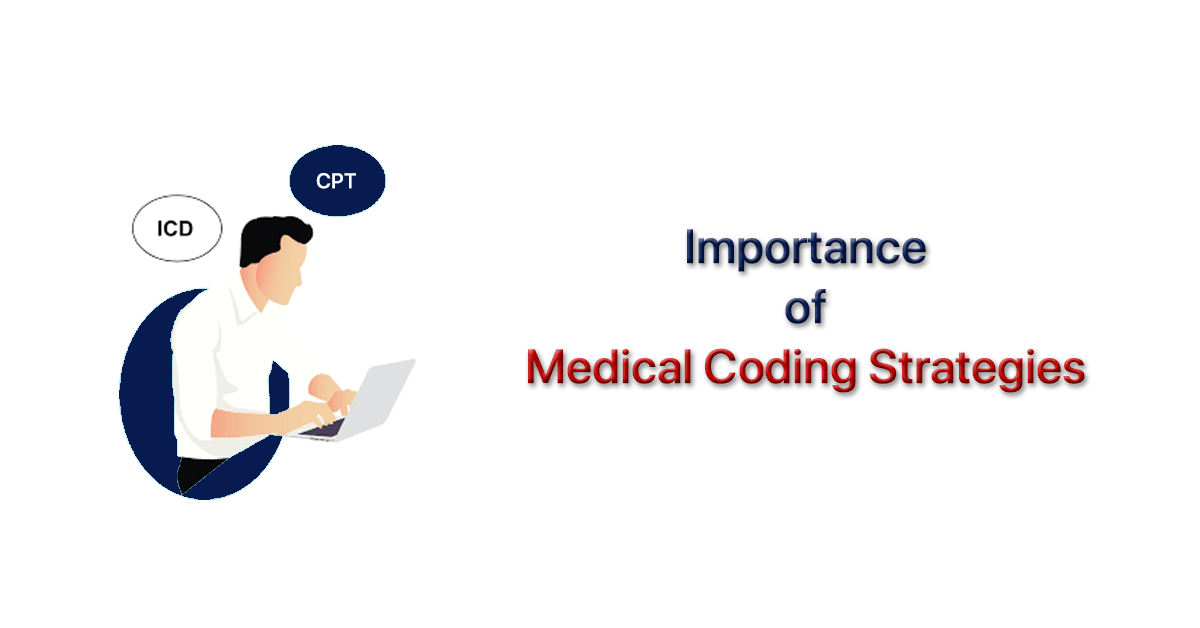Medical coding strategies contribute various benefits, counting cost reduction and control, systematic healthcare management, and increased scalability. Compliance with medical coding qualities also promises patients’ data privacy and security and alleviates the threats of audits.
In the current healthcare landscape, keeping up financial solidity has become progressively hard due to the shift from fee-for-service to value-based care. Various factors can impact a practice’s revenue. To speed up reimbursements and improve revenue, healthcare organizations must unite with their medical billing and coding partners.
Here are some amended billing and coding strategies that have proven to advance revenue cycle performance and revamp financial health:
Coding Compliance:
In healthcare revenue cycle management, medical coding compliance makes sure the patients’ data security and privacy while stopping audits.
Proper Use of Modifiers:
Modifiers play a pivotal role in intimating insurers of any possible uncommon circumstances when used with CPT and Healthcare Common Procedure Coding System (HCPCS). Incorrect ply of modifiers can end in billing errors and claim denials, which can make a mess of the revenue cycle. Using the right modifiers is necessary, and medical billing companies should employ well-trained and certified coders to stop coding errors.
Accurate Reporting of Telemedicine Services:
Telemedicine solutions have quickly attained popularity due to the global pandemic, intensifying patient access to healthcare. Healthcare organizations must stay current with CMS updates and refine their reimbursement strategies to boost reimbursements for remote healthcare services. Coders must correctly use the Place of Service code 02 when reporting telemedicine services from a remote location.
Insurance Verification:
Prior to an appointment, healthcare organizations should double-check the eligibility and pre-authorization to assess insurance coverage and patient authorities. Authenticating these insurance details before patient visits can stop unnecessary exasperations, such as detained or denied claims, reduced patient satisfaction, and non-payment.
Monitoring key metrics:
A healthcare revenue cycle management company can help with well timed and detailed reports and analysis. To make the right business settlements, clinicians must decode and understand these reports. These insights are crucial for physicians to keep track of.
To enhance Chronic Care Management (CCM), it’s crucial to avoid Medical claim denials. Payers are more likely to reject claims submitted within 30 days of discharge for the same patient. Hospitals and healthcare practices can unite digital patient engagement solutions to reduce readmissions and optimize health outcomes. Also, it’s important for practices to unite with specialists to determine who should bill for CCM and submit claims at the proper time.

